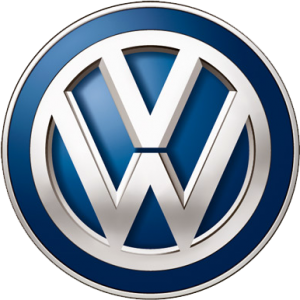 On Wednesday, officials in Germany stepped up their pressure on automaker Volkswagen to clean its act up after it said it understated the consumption of fuel of some of its vehicles, which opened another front in the crisis at the biggest carmaker in Europe.
On Wednesday, officials in Germany stepped up their pressure on automaker Volkswagen to clean its act up after it said it understated the consumption of fuel of some of its vehicles, which opened another front in the crisis at the biggest carmaker in Europe.
The company announced late Tuesday that it understated the amount of emissions of carbon dioxide in as many as 800,000 vehicle sold across Europe and because of that their usage as well.
This means the affected vehicles were more expensive to use than the buyers originally were led to believe.
These are the first that threaten to make a strong dent in car sales at the company since the scandal first erupted as they might deter consumers who are cost conscious, said analysts.
Shares at Volkswagen were lower by 8.9% in late afternoon trading on Wednesday wiping out over 3 billion euros from the company’s market value.
This latest admission has proved some of the harshest criticism yet from the government of Germany of VW, which is part of an auto industry where over 750,000 people are employed in the country alone, has been an engineering process symbol and dwarfs other areas of the Germany economy.
Alexander Dobrindt, the Transport Minister said the most recent irregularities caused irritation in the ministry.
Angela Merkel the chancellor of Germany through a spokesperson said steps had to be taken to prevent this from taking place again.
The latest revelation that led to the carmaker to add 2 billion euros in expected cost related to the scandal, is the first time that cars which us gasoline have been sucked into the costly scandal.
VW said the majority of the 800,000 cars that are affected by the issue with CO2 had diesel engines like the top-selling VW Golf, the hatchback Audi A3 and the Octavia by Skoda, However, two models – Audi A1 and the VW Polo were gasoline.
